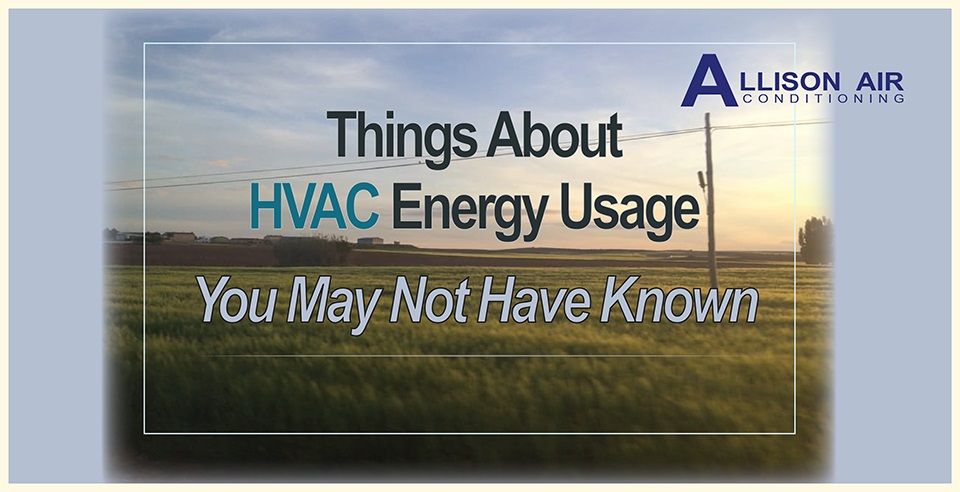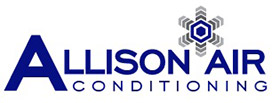We all know that saving energy is good for the planet (and our wallets). But do you really know how much energy your HVAC system uses? Or how you can save enough energy to make an impact on your monthly heating and cooling costs? Below, we dive a bit deeper into some important facts about HVAC energy usage that you may not be aware of.

10 HVAC Energy Usage Facts You May Not Have Known
Think you know your HVAC system efficiency? Think again. Here are 10 things that you probably did not know about HVAC energy usage:
- The largest energy expense in the average U.S. home is space heating.
Space heating accounts for about 45% of the average U.S. homeowner’s energy bill! - Routinely replacing or cleaning your air filters can lower your air conditioner’s energy consumption by 5-15 percent.
Dirty and clogged air filters reduce airflow, making your HVAC system work harder to keep your home at a comfortable temperature. That’s why it’s vital to replace your HVAC filters regularly. - Using a programmable thermostat could help you save up to 10 percent on heating and cooling costs a year.
Programmable thermostats are not only convenient, they also make it easy for you to adjust the temperature while you are away, allowing you to save energy when you are not home. - Air loss through your air duct system accounts for about 30 percent of your AC’s energy consumption.
It’s important for homeowners to insulate and seal their ducts to prevent wasting energy (and your money). - Annual Fuel Utilization Efficiency (AFUE) is used to measure the efficiency of combustion heating appliances like furnaces and boilers.
AFUE is found by looking at how efficient the appliance is at converting energy in fuel into heat and dividing this by the annual fossil fuel energy consumed by the appliance. - Small cracks and holes throughout your home can account for up to 25 percent of your home’s heat loss.
Homeowners should consider air sealing their homes as well as adding insulation to the walls and attic. This helps you retain more heat and cut down on energy waste. - If you want to save while upgrading to a more energy-efficient heater, work on improving your home efficiency first.
Thinking about upgrading your heater? Improving your home efficiency first allows you to purchase a smaller heating unit. In the end, this will save you money on both upgrade and operating costs. - By switching to a high-efficiency air conditioner and taking other energy-saving actions, you can lower your home cooling costs by up to 50%!
We already mentioned it above, but one of the quickest ways to start saving more energy is by routinely cleaning or replacing your HVAC system filters. - Ceiling fans make it possible for you to raise the thermostat setting about 4 degrees without impacting your comfort.
Using your ceiling fan regularly can help you save more on cooling costs over time. However, make sure that you turn the fan off when you leave the house – ceiling fans cool people, not rooms! - On average, an Energy Star-qualified AC unit is up to 15 percent more efficient than other standard models.Upgrading to a more energy efficient air conditioning system can help you save more energy over time, helping you see significant savings in your home cooling bills.
Are you ready to make the commitment to ultimate HVAC energy efficiency? Our team is ready to help you find the best energy-efficient HVAC system for your home comfort needs. View our line of quality Carrier brand HVAC products here or give us a call for a more personalized recommendation: (951) 736-1101


